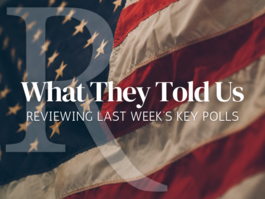Donald Trump’s Short Congressional Coattails By Rhodes Cook
-- Although Donald Trump is remaking the Republican Party in his image, he had among the shortest coattails of any presidential winner going back to Dwight Eisenhower. In 2016, Trump ran ahead of just 24 of 241 Republican House winners and only five of 22 Republican Senate winners.








